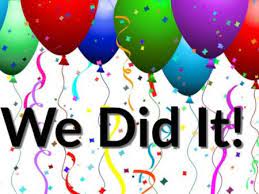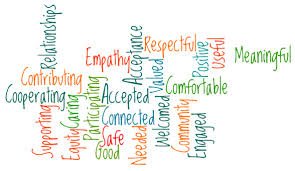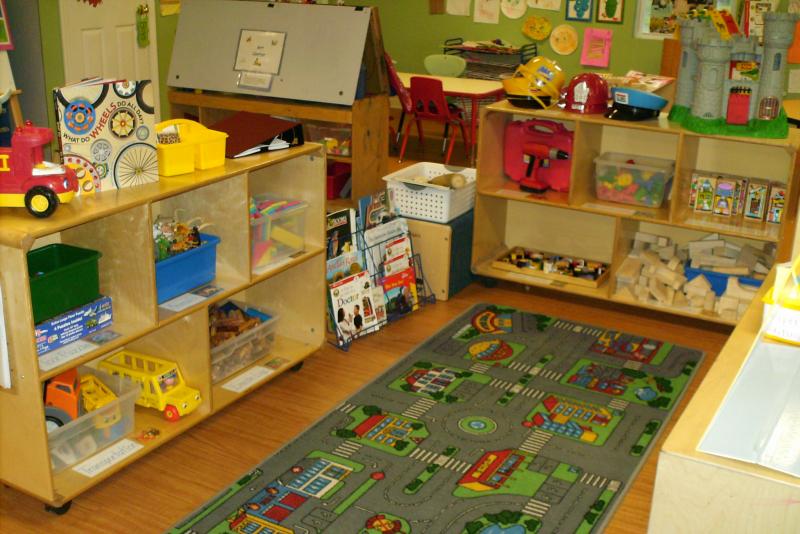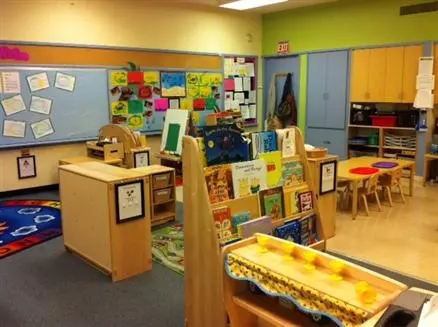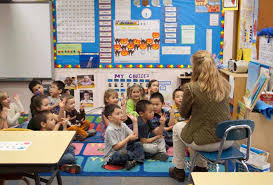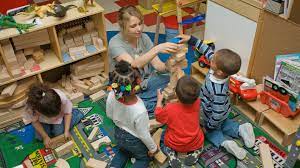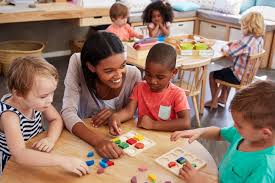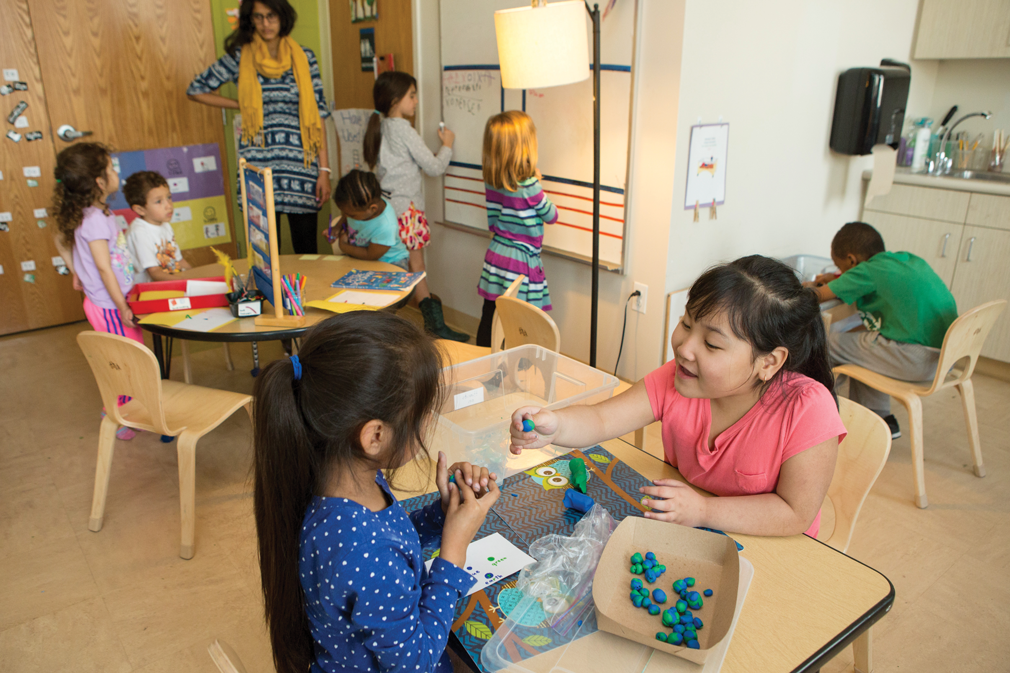
Hello all, we have finally made it and came to an end with this journey. It went by so quickly; I didn’t even realize it. How it started for me … I completed my bachelor’s degree and wanted to stop there. Eventually, I got a job as an after-school teacher and I started to like it. I always knew I wanted to be a teacher from a very young age. Detoured a little because my mom never wanted this for me. She wanted me in the nursing field. I did attempt this path and realized it was not for me. I then tried social work and I started to like this a little, but then realized it would be a little challenging to get a job. I then applied for other jobs here and there. I stay for the money, but it wasn’t my passion.
Next, I applied for a teacher assistant position and loved it. I loved it because I realized how excited I was to be at work, being around the kids, preparing small task that made them happy and watching the little smiles on their faces as well the faces of their parents or guardians. From this point, I told my mom I want to be a teacher like her and this is what I will do for my masters. she was not too pleased about my decision, but I was of age to make my own decision.
It was also a drive I got from watching my son and how he was struggling in school with teachers not finding the time to help him. It gave me that passion to want to help other children who teachers neglected in these aspects “no child left behind.” So today as a teacher, I didn’t regret these decisions and I know it is the best decision I have made when it comes to my career path. Although, it took me 9 years to figure this out, there’s a saying that goes “better late than never!”
One of the most important things I learned from this program is my experiences, communication and strength. It helped a lot to shaped me, my characteristic and give me a better vision for my future. I became a little more open minded and I am able to identify with others much better to provide that needed support even in challenging situations.
Children are the future and we need to keep this in the back of our minds as educators. Let us make a great impact on them so they can have a better and brighter future. One hand cannot clap and it takes more than one person to help build the children of our tomorrow the way they should grow.
One of my long-term goals is to continue to assist children with their needs and be able to find a solution. It might not all be peaches and cream, but it is and will be worth it to try and fail than not try at all. Nevertheless, as I am writing these last few words, I wish everyone a bless, safe and prosperous journey in all they continue to do from here on.
To my instructors, thank you for all you have done in trying to get me on the path of my career and profession all in one. You have been such a great help in strengthening my weak areas and making my strong areas even stronger. It was a pleasure having you apart of me for the past 8 weeks and continue to do a great job with the future classes to come.

